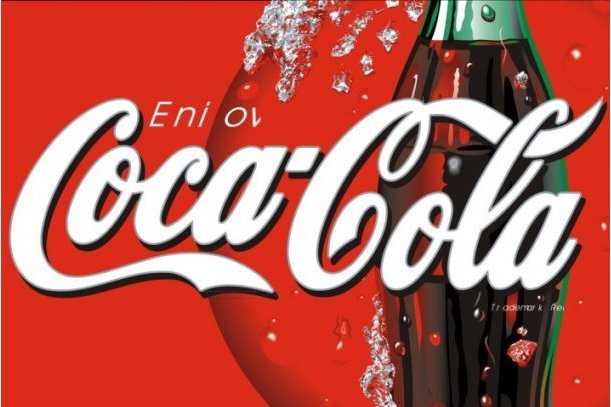Latest News
Food, beverage companies must improve sustainability commitments – Oxfam

News Highlight
Oxfam said small-scale farmers and workers deserve their fair share of the value they create and access to productive resources.
The world's largest food and beverage companies and their suppliers must do more to create an equitable and sustainable food system for all, says Oxfam International, a confederation of 20 charitable organisations focusing on the alleviation of global poverty.
Oxfam stated this in a new report released today, highlighting the power of the world’s top ten food and beverage manufacturers to create more equitable and sustainable supply chains that can help grow economies and lift millions of food producers out of poverty. The companies – Coca-Cola, Nestlé, PepsiCo, Unilever, Kellogg, Mars, Danone, General Mills, Mondelez, and Associated British Foods (ABF) – have been called upon to improve their social and environmental policies.
The report, tagged “Shining a Spotlight," assesses how the companies have implemented the commitments they made in response to Oxfam’s Behind the Brands campaign – which took place between 2013-2016 and brought public pressure on the “Big 10,” a reference to the top ten food and beverage companies. The campaign was aimed at spurring significant commitments by the companies on women’s empowerment, land rights and climate change.
Oxfam said the coronavirus pandemic has worsened inequality and food insecurity around the world. Citing World Food Programme’s data, the global charity said more than 270 million people experienced acute hunger in 2020 – an 82 per cent increase from before the pandemic. While the revenues of food and beverage companies have continued to grow, farmers and workers capture only a fraction of the value of what they produce.
Following the Behind the Brands campaign, the Big 10 made landmark sustainability commitments. For instance, the Coca-Cola Company, PepsiCo and others declared zero tolerance for land grabs across all their supply chains. General Mills and the Kellogg Company pledged to fight climate change, setting targets for reducing greenhouse gas (GHG) emissions and eliminating deforestation in their sourcing. Mars, Mondelez and Nestlé committed to tackling gender inequality in their cocoa supply chains.
However, the new Oxfam report finds that while companies have taken action at the global level, progress has been stalled in implementing their social and environmental policy commitments in countries where the companies operate and through their supply chains. For example, on climate change, Oxfam said companies are adopting robust climate targets and tracking agricultural emissions within their own supply chains. But not all companies have kept pace with the need to limit global temperature rises to 1.5 degree Celsius (℃) above pre-industrial levels by the end of this century. Also, serious action on deforestation remains elusive.
While the companies have made progress on land rights, they are not doing enough to implement policies that protect farmers and communities most at risk. Their gender equality and women’s economic inclusion policies are not extended beyond their headquarters to all their branches and definitely do not reach their suppliers and farmers.
“Bold human and land rights commitments are a first step, but they are not reaching the very farmers and workers who are at once producing our food and struggling to stay afloat during a global pandemic and a climate in crisis,” Helen Ripmeester, Oxfam America’s Associate Director of Inclusive Value Chains and Private Sector, said in a statement on Wednesday.
The report calls of a greater commitment to transparency in terms of who the companies’ suppliers are and where they source inputs from. Oxfam said small-scale farmers and workers deserve their fair share of the value they create and access to productive resources, including their own land. The adoption of sustainability and sustainable agricultural practices and food systems are considered important for meeting the Sustainable Development Goals (SDGs).
“Greater supply chain transparency, stronger incentives for suppliers to comply with standards and better regulation and accountability, can bring us significantly closer to a more inclusive, equitable and sustainable food system,” Ripmeester further noted.
To address the inequality and vulnerabilities in the food system, the charity said the companies should move further, faster on implementing their commitments, and to adopt more holistic business models that internalise social and environmental performance and good governance across supply chains.
Related News
Latest Blogs
- The Museum of West African Art saga
- The complexity and complication of Nigeria’s insecurity
- Between bold is wise and wise is bold
- Prospects of port community system in Nigeria’s maritime sector
- Constitutionalism must anchor discipline in Nigerian Armed Forces
Most Popular News
- NDIC pledges support towards financial system stability
- Artificial intelligence can help to reduce youth unemployment in Africa – ...
- Nigeria’s December PMI hits 57.6 points as economic activities strengthen
- Afreximbank backs Elumelu’s Heirs Energies with $750-million facility
- Lagride secures $100 million facility from UBA
- GlobalData identifies major market trends for 2026







